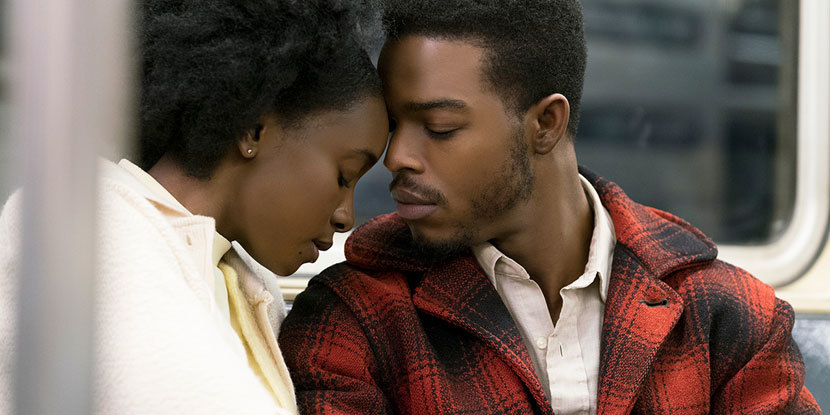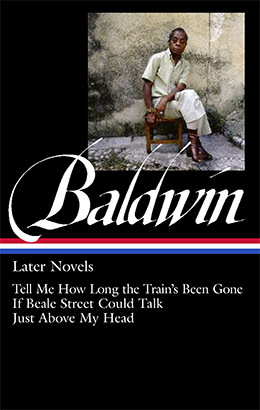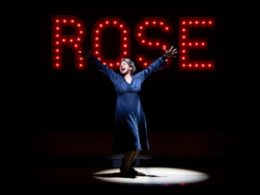
One of the most eagerly anticipated films of 2018 arrives in theaters today when Barry Jenkins’s adaptation of the 1974 James Baldwin novel If Beale Street Could Talk opens in limited release. The film is Jenkins’s first feature since his Oscar-winning breakthrough Moonlight (2016); early buzz from the Toronto International Film Festival suggests that the new movie is a worthy follow-up to Moonlight, with Variety calling it “A work of social realism elevated to poetic heights by the sheer beauty of its voice and the humanism of its spirit.”
In a letter to his brother David, Baldwin described If Beale Street Could Talk as “my strangest novel.” The only one of his novels narrated by a woman, it’s a love story in which a young African American couple in New York City is torn apart by a false accusation of rape and the predatory misconduct of the police. Asked by the Los Angeles Times why he chose to adapt the book for the screen, Jenkins replied, “Baldwin has many different modes . . . . One of those modes is the protest, the anger. And then there’s the lush, the romantic, the hopeful. I think with If Beale Street Could Talk, you find the best pairing and balancing of those two things.”
Jenkins’s new movie marks a further, perhaps definitive, stage in the ongoing re-evaluation of If Beale Street Could Talk. The book arrived to a mixed reception in 1974 and was for many years a relatively overlooked title in the Baldwin canon. (June Jordan’s Village Voice pan represented one end of the critical reaction, while Joyce Carol Oates, writing in the New York Times, represented the other—Oates called the novel both “timeless” and “a quite moving and very traditional celebration of love.”) When Library of America republished it in 2015, as part of the omnibus volume James Baldwin: Later Novels, editor Darryl Pinckney suggested (in an loa.org interview) that in the immediate post–Civil Rights era, mainstream culture “preferred fantasies of resolution, of roots found, the past appeased” to the kinds of stories Baldwin was then trying to tell. Anticipating our current cultural moment, Pinckney positioned _If Beale Street Could Talk and the two other books collected in James Baldwin: Later Novels as “works of resistance.”
That’s an idea director Barry Jenkins seemed to echo when he told the Los Angeles Times: “I felt like the things [Baldwin] was speaking to were authentic to the time, and authentic to today, to be honest.”
Watch: Official trailer for If Beale Street Could Talk (2:12)
If Beale Street Could Talk opens in select theaters on December 14 and nationwide on December 25.




